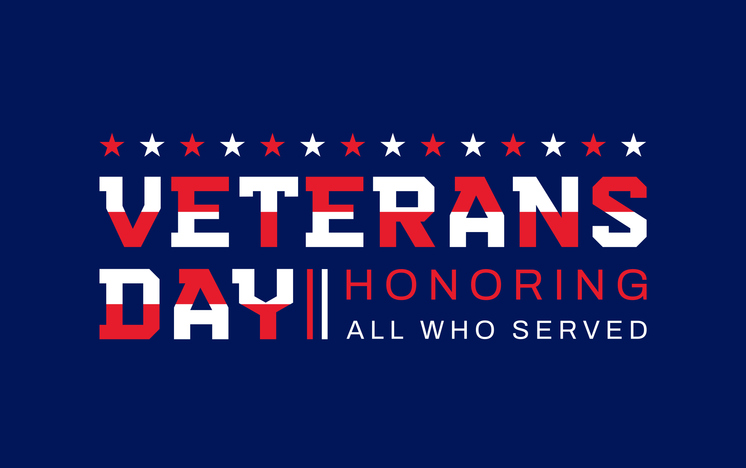5 Ways to Support Veterans’ Mental Health Beyond Veterans Day

Veterans Day is a time to honor and thank the brave men and women who have served in the U.S. military. These heroes come from all walks of life, have fought in different wars, and worn different uniforms—but they all share one thing in common: sacrifice.
However, many veterans face unique mental health challenges after service, including PTSD, depression, anxiety, and traumatic brain injury (TBI). Here are five meaningful ways you can support their well-being not just on Veterans Day, but every day.
1. Understand Anxiety
Transitioning from military to civilian life can trigger anxiety for many veterans. It’s often hard to “turn off” survival instincts developed in service. Be patient and supportive—sometimes just being present and letting them know they’re not alone can make a huge difference.
2. Recognize Depression
Depression can appear as persistent sadness, fatigue, loss of interest, or even suicidal thoughts. If you know a veteran who’s struggling, help with daily tasks or encourage professional support. If they express suicidal thoughts, seek immediate help from a mental health professional or the Veterans Crisis Line (dial 988, then press 1).
3. Learn About Traumatic Brain Injury (TBI)
Not all injuries are visible. TBIs can cause headaches, memory loss, mood swings, and fatigue. You can make a difference by volunteering with organizations that provide service dogs or daily living assistance to veterans recovering from TBIs.
4. Be Aware of PTSD
Post-Traumatic Stress Disorder can cause nightmares, anger, and hypervigilance. Everyday events like fireworks can trigger symptoms. Stay informed, offer empathy, and connect veterans with organizations that specialize in PTSD care. Remember—PTSD is a major risk factor for suicide.
5. Lend Ongoing Support
Supporting veterans shouldn’t stop after Veterans Day. A simple act of kindness, a listening ear, or a donation to a local veterans’ organization can go a long way in helping them heal and feel appreciated.
For more information and resources, visit veteranscrisisline.net.




